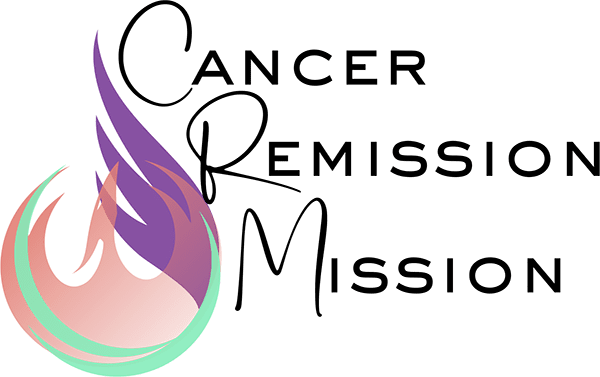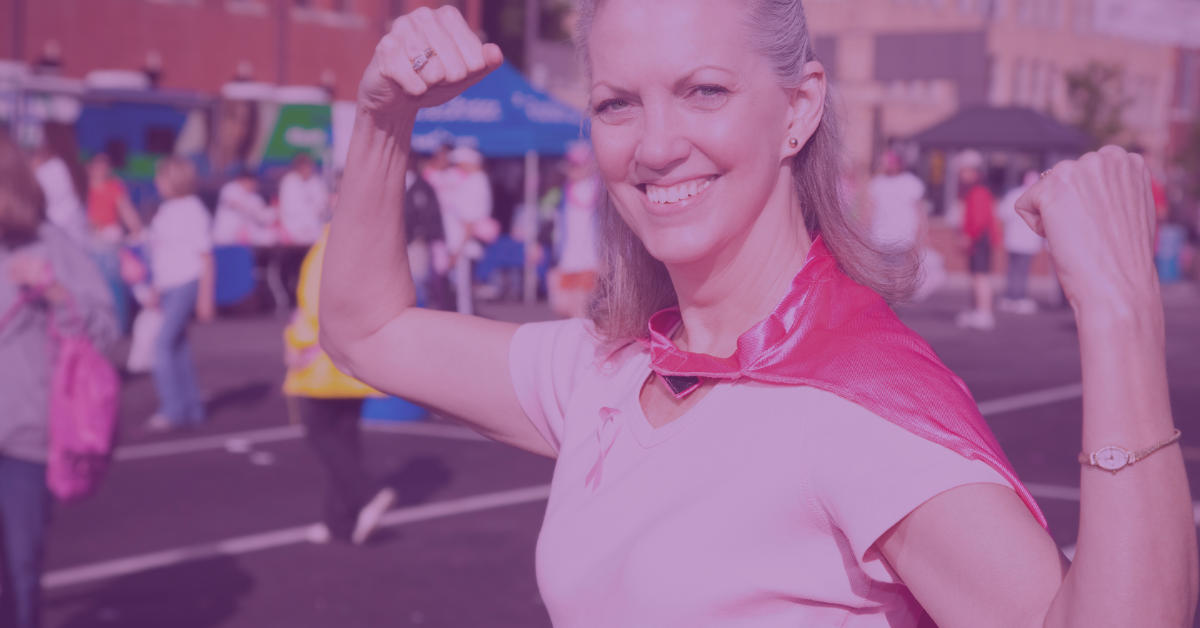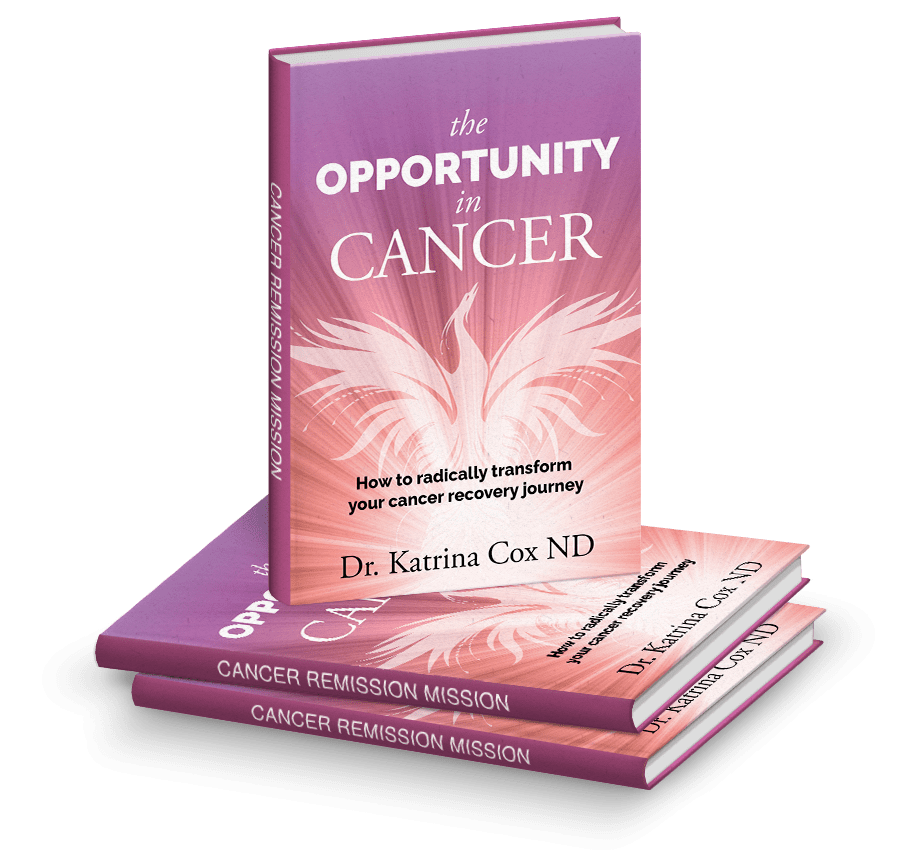One of the most profound statistics I came across when I was writing my book, The Opportunity in Cancer, this past year was that 80% of those who have been through cancer treatment experience feelings of abandonment once they are finished with active treatment.
When you are diagnosed with cancer, you are quickly connected with a cancer care team. Oncologists, nurses, specialists and other healthcare professionals become part of your support system. You get to know your team, and they get to know you. You get attached to your team, because you see them so often in a very intense setting.
But, once you are through active treatment, and there is no longer need for such frequent follow up with your team, you suddenly stop seeing these people who have been there for you along the way. It leaves many cancer survivors feeling abandoned and left behind. It is no wonder that despite the relief of being in cancer remission, many also feel lost.
How to Find The Right Support Network
There are many cancer survivors who go on to seek out support networks to fill this gap. Unfortunately, some of those support networks have limitations. Many groups are intended to connect those who are just in this recent realm of cancer recovery. Often, those groups focus on providing lots of information and education on how to navigate life after cancer. However, receiving too much information all at once can be massively overwhelming, especially if it isn’t particularly pertinent to you.
Other groups will connect people based on the types of cancers that they’ve been diagnosed with. Although in theory that makes sense, in actuality there’s a lot that can remain desired because there’s not a lot of filtration of different values and different goals for each person that’s entered this group. It can end up being a hodgepodge, or smattering of relevant information.
Some groups are really stuck talking about what happened in the past.They allow the discussion to overly focus on the experience with the cancer diagnosis and treatment experience, which can cause retraumatization for those attending. There is a missed opportunity to focus on recovery in the present, and how to best plan for the future.
Beyond that, one of the things that can be a big deterrent to participating in some of these groups is the polarizing conversations that can take place when not managed well. The cancer journey can be emotional, and there are a lot of people who use these groups to share their upset and anger about elements of their care or experience with cancer. Feeling like you are in a safe and supportive environment is important for everyone. Without a skilled facilitator or someone to moderate the somewhat high-emotion sharing, supportive conversations may be challenging and the group can seem like an unproductive use of your time.
The Key Component of A Supportive Community
 At the foundation of an effective cancer support group is the ability to share and feel heard. Sharing your story can be helpful in processing your emotions, but there needs to be equal energy exchange. Sharing has to be open to everyone to feel that sense of support. My practice has always been to refer my clients in cancer treatment and recovery to counseling and local cancer support groups. Sometimes they would come back and tell me “it really wasn’t for me”. It was only after some time that I realized that the groups they were attending weren’t fulfilling what my patients needed the most – a sense of connection and a shared experience with others.
At the foundation of an effective cancer support group is the ability to share and feel heard. Sharing your story can be helpful in processing your emotions, but there needs to be equal energy exchange. Sharing has to be open to everyone to feel that sense of support. My practice has always been to refer my clients in cancer treatment and recovery to counseling and local cancer support groups. Sometimes they would come back and tell me “it really wasn’t for me”. It was only after some time that I realized that the groups they were attending weren’t fulfilling what my patients needed the most – a sense of connection and a shared experience with others.
This is one of the reasons why I created the Cancer Remission Mission. My goal was to create a space for like-minded people on the cancer recovery journey to come together to find connections and work on finding their way forward together.
The added benefit? When you find the right supportive community, there is an amazing opportunity to learn from each other. When we develop connections and relationships with others, we want to help each other. I marvel at the amazing tips and “life hacks” that cancer survivors share when they connect, especially when it comes to common issues. Overwhelm and fatigue are such big concerns in cancer remission. When we can help each other make day-to-day life easier by sharing those insights and advice, we all start to thrive together. When you have allies, friendships and partnerships it helps you problem-solve quicker and sort through things faster.
Finding a safe place to discuss what you are experiencing on your cancer journey and to find that partnership is really what the Cancer Remission Mission is about. In fact, we’re excited to announce that the Cancer Remission Mission is launching a live in-person, experiential workshop, where creating strong connections is going to be a part of that foundation. For more information or to join us – click here.




